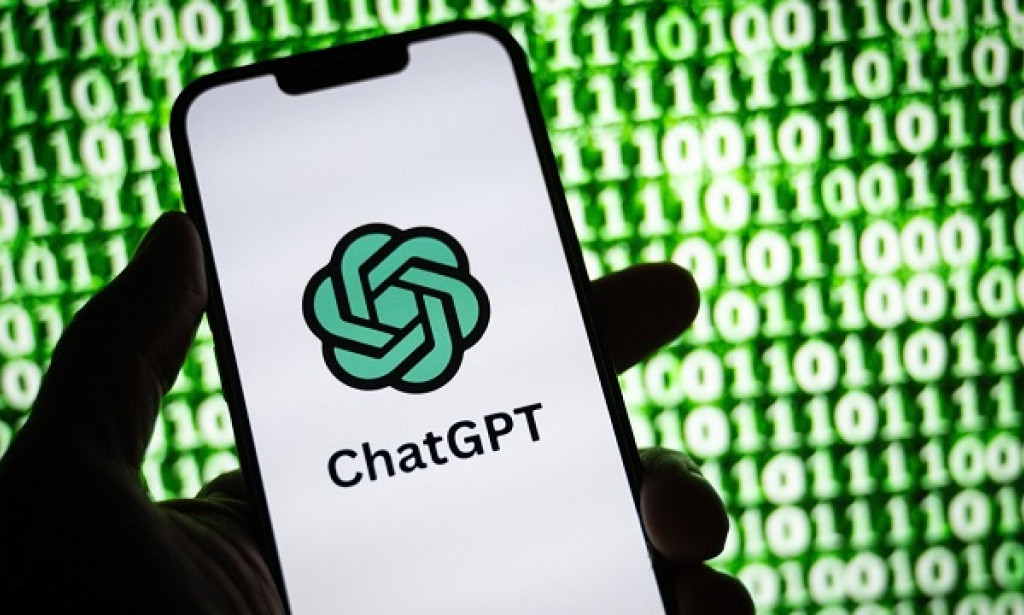One year after ChatGPT's groundbreaking release, the recent internal turmoil at OpenAI, the company behind this super app, has solidified Big Tech's dominance in the industry.
The discreet launch of ChatGPT on November 30 last year signified the emergence of generative AI created by the often overlooked researchers and engineers in the background. OpenAI's CEO, Sam Altman, a prominent figure in tech circles, ensured the much-deserved attention for this unheralded AI technology.
ChatGPT swiftly became the fastest-adopted app in history (recently overtaken by Meta’s Threads), wowing users with its instant generation of poems, recipes, and various internet content.
Altman's move elevated the former Stanford dropout to a household name in the world of AI, positioning him as a sort of AI authority, with leaders and tycoons eager to heed his words.
AI's intangible nature poses challenges, according to University of Washington historian Margaret O’Mara, who emphasized the importance of a figurehead capable of explaining such advanced technology.
Altman's fervent dedication to AI often appears almost religious. OpenAI's vision of creating artificial general intelligence akin to or surpassing human capabilities led to a partnership with profit-driven Microsoft, who invested $13 billion in the company.
This alignment with commercial interests triggered a recent boardroom upheaval, with dissenters, including OpenAI's chief scientist, challenging the profit-oriented trajectory.
Venture capitalist Dave Morin highlighted this clash as "religious fundamentalism," emphasizing how the AI research community nearly idolizes this technology.
During the conflict, Microsoft supported Altman, backed by OpenAI's young staff aware of the company's dependence on revenue generation, rather than lofty AI ethics debates.
The tension between AI's potential to save or ruin the world has marked the year since ChatGPT's launch, with players like Elon Musk initially advocating for AI caution, only to dive into the AI industry months later with his company xAI.
Major tech players like Google, Meta, and Amazon have incorporated AI into their strategies and invested in AI startups. Corporations across sectors are embracing AI through cloud providers or OpenAI.
However, concerns persist regarding AI-generated false content and societal issues like bias, job displacement, and disinformation.
Despite these fears, AI adoption has accelerated, pushing regulators to focus on mitigating dangers such as deepfake creation or biased AI decision-making.
The recent corporate turmoil at OpenAI exemplified a battle between idealists and capitalists, with the latter emerging victorious, according to historian O’Mara.
The future of AI also heavily depends on Nvidia, the producer of GPUs, essential for AI training. Access to these chips is in high demand, predominantly by big tech firms like Microsoft, Amazon, and Google, amplifying competition for these valuable resources.


You must be logged in to post a comment.